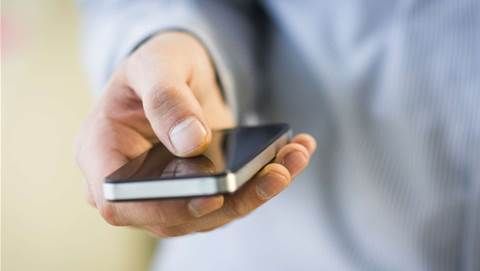
The 'T-Mobile Deadtime Directive' is designed to show how people can best make use of time which is not being put to productive use.
Derek Williamson, head of business marketing at T-Mobile UK, suggested that the operator's ability to support flexible working would have helped those stuck at British airports last week following the terrorist alerts.
"They would still have been contactable," he told vnunet.com. " Whether that be on a BlackBerry, which T-Mobile can supply, on a laptop using a datacard or simply on their phone [by voice]."
Williamson pointed out that not only does T-Mobile offer the appropriate mobile coverage, it has an agreement in place with the British Airports Authority so that users can access the internet via Wi-Fi rather than mobile.
Although Williamson did not have any statistics on actual usage at the airports, he believes that "obviously lots of people could have taken advantage of these facilities".
The T-Mobile white paper identifies three sectors which can benefit from 'flexible' working. The first encompasses all walks of life where the flexibility to communicate at any time and from any place is a bonus.
The second group comprises knowledge workers previously labelled 'road warriors' since they spent more time on the road than in the office.
The third group consists of those who would benefit from complete mobility in the workplace. This is particularly apt for organisations that want to embrace 'hot desking', where employees do not have a permanently assigned desk but sit at any available desk.
T-Mobile's white paper does not appear to be supported by any major advertising campaign nor does it talk directly about the specific technologies involved, such as HSDPA, or the relevant data tariffs, such as Web 'N' Walk.


.png&h=140&w=231&c=1&s=0)







 Cyber Resilience Summit
Cyber Resilience Summit
 iTnews Executive Retreat - Security Leaders Edition
iTnews Executive Retreat - Security Leaders Edition
 Huntress + Eftsure Virtual Event -Fighting A New Frontier of Cyber-Fraud: How Leaders Can Work Together
Huntress + Eftsure Virtual Event -Fighting A New Frontier of Cyber-Fraud: How Leaders Can Work Together
 iTnews Cloud Covered Breakfast Summit
iTnews Cloud Covered Breakfast Summit
 Melbourne Cloud & Datacenter Convention 2026
Melbourne Cloud & Datacenter Convention 2026












_(1).jpg&h=140&w=231&c=1&s=0)



